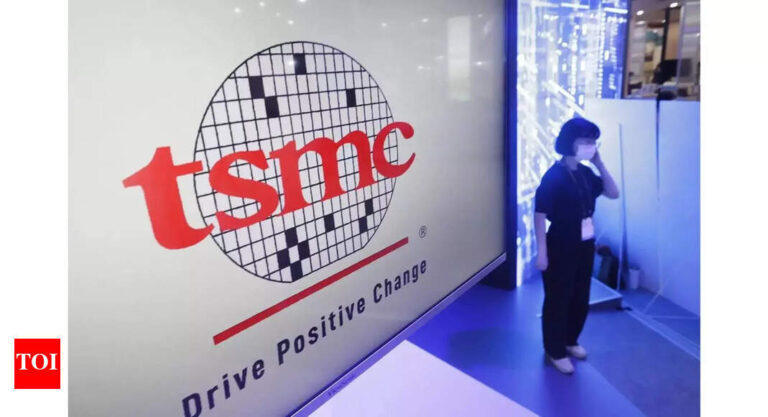Bombay High Court Halts Reservation for SC, ST, and OBC in Minority College Admissions: What’s Next?
Bombay High Court Halts Reservation Mandate for Minority Colleges in Maharashtra
In a significant legal development, the Bombay High Court issued an interim stay on June 12, 2025, regarding the reservation of seats for Scheduled Castes (SC), Scheduled Tribes (ST), and Other Backward Classes (OBCs) during the admission process for the first year of junior college (FYJC) in minority educational institutions across Maharashtra. This ruling directly impacts the recent directive from the Maharashtra government, which required these institutions to implement reservations for underprivileged communities.
Key Points of the Court’s Decision
The decision emerged from petitions filed by the Maharashtra Association of Minority Educational Institutions as well as several prominent colleges, including Jai Hind College, KC College, and St. Xavier’s College. The petitioners challenged the Maharashtra government’s May 6, 2025, Government Resolution (GR), arguing that it was “arbitrary” and lacked proper legal authority. Here are some critical elements from the court’s ruling:
- The Division Bench, comprising Justices M.S. Karnik and N.R. Borkar, noted that there seemed to be a substantial basis for the petitioners’ claims, granting an interim relief that exempts minority institutions from applying social reservations for the FYJC admissions.
- The court referenced a previous ruling where a similar circular from Mumbai University, which called for reservations in minority educational institutions, was quashed. This precedent was significant in the court’s decision-making process.
Understanding the Government Resolution
At the heart of this legal battle lies Clause 11 of the aforementioned GR. Here are its salient features:
-
Minority Quota: The GR permits minority colleges to fill vacant seats under minority quotas through a centralized admission process, incorporating applicable social and parallel reservations only after intra-minority adjustments are made.
-
Surrendering Seats: After exhausting inter-minority adjustments, remaining unfilled seats can be surrendered to be filled by candidates from reserved categories.
- Legal Constructs: The GR was challenged primarily based on Articles 15(5) and 30(1) of the Indian Constitution, which emphasize the rights of minority institutions in the admissions process and their autonomy to maintain their character and identity.
Arguments Presented Before the Court
During the hearing, the senior advocate Milind Sathe, representing the petitioners, emphasized several crucial legal arguments:
-
Constitutional Rights: Article 15(5) explicitly exempts minority educational institutions from mandatory reservations for socially and educationally backward classes. This perspective positions minority institutions in a unique legal sphere that could invalidate broad reservation policies imposed by the state.
-
Institutional Management: Sathe highlighted that the admission processes should remain strictly under the discretion of minority institutions, allowing them to manage their quotas effectively without governmental interference.
- Precedent Opposition: The absence of substantive changes or consultations in issuing the GR raised questions of legality and fairness, especially against the backdrop of the earlier court ruling that quashed similar directives.
The State’s Position
In defense of the government’s stance, Government Pleader Neha Bhide asserted that the GR did not infringe upon the rights of the minority community. Key points from her statement included:
-
The minority institutions still retain the authority to fill up all seats allocated under their control. The GR only becomes relevant once seats remain unfilled and are tendered for social reservations.
- Bhide argued that the reservations would apply solely to surrendered seats, allowing some level of equilibrium between the minority interests and social justice goals, without infringing the constitutional provisions.
The Bombay High Court’s response not only marks a pivotal moment in the legal landscape affecting minority educational institutions in Maharashtra but also serves as a precursor for how similar cases may unfold in the future, especially concerning educational rights.
What Lies Ahead?
The Bombay High Court has ordered the state government to file an affidavit in response to the petitions and has scheduled further hearings for August 6, 2025. As the legal proceedings continue, the outcome may significantly impact the admissions process in minority colleges, setting a solid legal groundwork for how educational reservations are approached within India’s complex sociopolitical context.
This ruling emphasizes the delicate balance between ensuring social justice through reservation policies and respecting the constitutional rights of minority institutions, heralding an ongoing debate that may extend well beyond the current academic year.
As developments unfold, stakeholders, including educational institutions, government officials, and students, will keenly observe the interplay of law and education within Maharashtra’s diverse landscape.






